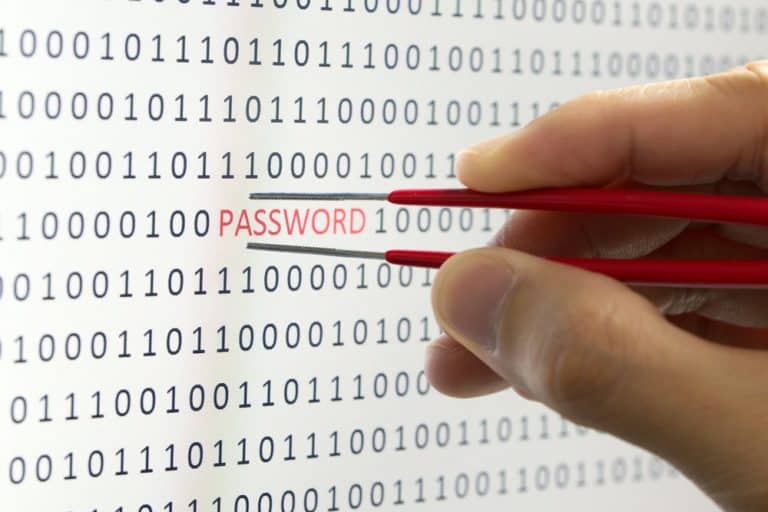The Dutch employee is ready to say goodbye to the password this year. That’s what the report “The Password-Free Future” from Okta says. Three out of five employees, for example, see the advantages of using biometric data as a login method at work.
More than three-quarters of the respondents use an unsafe method to remember their passwords, according to Okta’s survey of more than 4000 respondents in the Netherlands, France and the United Kingdom. In fact, 86 percent of 18 to 34-year-olds use an unsafe password retention method. For example, 34 percent of people use the same passwords for multiple accounts and 26 percent write them down on paper. 17 percent also type them in on their phone or computer.
According to the research, passwords also cause stress and annoyance among Dutch people. For example, 77 percent say they find it hard to find, are annoyed by or experience stress to remember all those passwords.
Biometric data
There are several alternatives to passwords, such as biometric data. Three out of five employees see the benefits of using biometric data at work. For example, 24% think that this will make their daily lives easier and 15% think that the use of biometric data will increase security. 13 percent think it will reduce password stress, 8 percent say it will reduce safety concerns and 11 percent think it will increase productivity.
However, this does not necessarily mean that the Dutch are also open to the use of biometric data. 72 percent said they were open to using biometric data for private devices and apps, but 88 percent said they objected to sharing biometric data with their own employer.
However, this mistrust should not stand in the way of a password-free future. Most log-in data with biometric data do not require the employer to hand over the data. With Touch ID and Face ID on an iPhone or Windows Hello For Business, for example, this is not necessary. In such cases, the data is stored very securely and is not available to external parties or the operating system of the device.
This news article was automatically translated from Dutch to give Techzine.eu a head start. All news articles after September 1, 2019 are written in native English and NOT translated. All our background stories are written in native English as well. For more information read our launch article.